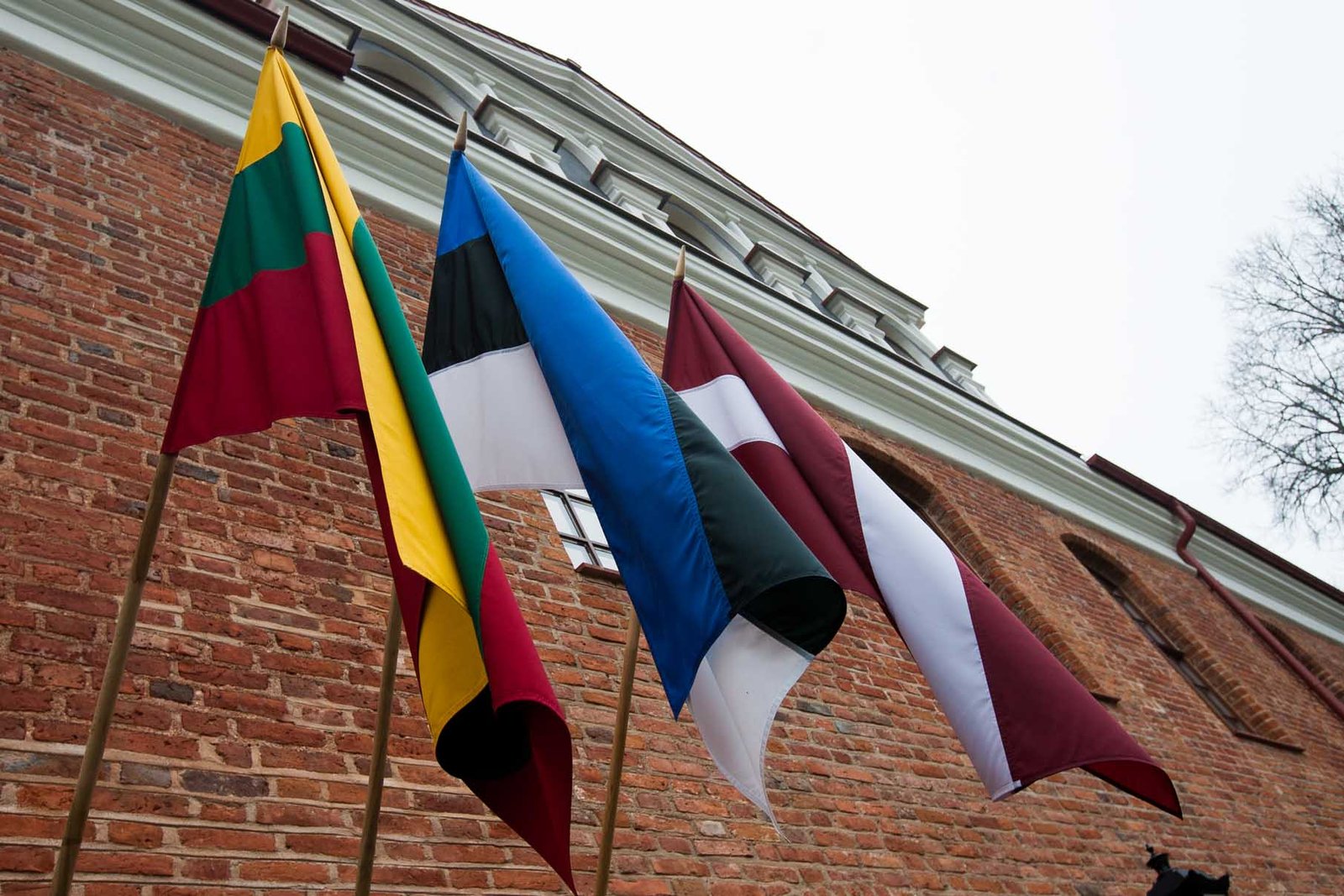

DELFI / Tomas Vinickas
This week, Latvian Defense Minister Raimonds Vejonis said that Moscow may carry out a provocation on Latvian territory when Riga assumes the chairmanship of the EU Council given that the Russian authorities carried out “a multiplicity of provocations” against Lithuania when it assumed that position.
Unfortunately, it is clear that Moscow is not going to wait that long in Latvia or in her neighbors, Estonia and Lithuania. The illegal seizure of an Estonian security officer by Russian security agencies, actions by the Russian embassy in Riga to recruit militants, and the drumbeat of articles against Lithuania among other things demonstrate that.
Moscow has three obvious purposes by such actions. First, the Putin regime wants to promote fear among the governments and peoples of the Baltic countries the Russian military is about to move and that NATO will not be able or willing to respond to whatever Putin decides to do whenever he decides to do it.
Second, it wants to promote defeatist attitudes there, leading some in the three Baltic countries to conclude that they cannot possibly resist a Russian move and therefore should try to make the best deal they can with Moscow. Even if such people are not numerous, their appearance will divide these countries and make a common defense more difficult.
And third, the Russian government wants to provoke some Estonians, Latvians and Lithuanians into making the kind of hyperbolic statements and taking the kind of actions that will isolate them from the West and provide ammunition to those in Western capitals who argue that no one should “die for Narva,” to use one phrase such people have already put about.
To prevent the Kremlin leader from gaining any success, what Estonians, Latvians and Lithuanians need to do in each case is obvious even if it will not be easy. The West’s response to Russian aggression in Ukraine has been anything but impressive, but Western leaders do understand that they have to defend NATO countries.
If they don’t, these leaders know, the alliance will die: an alliance in which its members have lost confidence in is like a religion in which people have ceased to believe. It no longer exists. And if NATO ceases to exist, so too does the West understood as the alliance of Western Europe and North America.
Moreover, there is a great deal that the three Baltic countries can do to prepare for their defense. While more should have been done earlier, more can be done now. A confident build up and thoughtful preparations for resisting Russian aggression are steps each can and must take. If the three countries do so, Moscow will face a far greater challenge.
Moreover, no one should allow defeatist attitudes to go unchallenged. A Russian “victory” over the Baltic countries is no certainty, and those who act as if Estonia, Latvia and Lithuania have no choice but to knuckle under to Putin’s “new order” are wrong. They need to be challenged and isolated.
Putin and his thuggish regime are already overextended. The costs of Crimea and now southeastern Ukraine are mounting. As the Ukrainians have proved by their heroic resistance, Moscow is anything but an irresistible force. That Russia is a big country with enormous resources is true; that it cannot fail to win is not.
And finally, Estonians, Latvians and Lithuanians must avoid the greatest danger of all – and the main goal of Putin’s provocations. The Kremlin leader clearly hopes that some in the three Baltic countries will say and do things that will isolate them from the West and make NATO and its member countries as well as their other friends less willing to act.
It is a near certainty that Russian agents are even now encouraging through false flag operations some radical nationalists in all three countries to speak against national minorities or even act against them in ways that Moscow can count on Western media outlets to cover and Western governments to distance themselves from Estonia, Latvia and Lithuania.
When one’s country is under threat, such nationalist attitudes and actions are perhaps inevitable, but they are a horrible mistake because they work against the very goals that the authors say they seek and instead in almost all cases for the goals of the enemy they say they are opposed to.
In short, as they face this latest threat from Putin’s Russia, Estonians, Latvians and Lithuanians must not allow themselves to be provoked into doing what Moscow wants. Putin must be denied that victory so that he will not have any chance of achieving any larger ones.
Paul A. Goble is a longtime specialist on ethnic and religious questions in Eurasia. He has served as director of research and publications at the Azerbaijan Diplomatic Academy, vice dean for the social sciences and humanities at Audentes University in Tallinn, and a senior research associate at the EuroCollege of the University of Tartu in Estonia. Earlier he has served in various capacities in the U.S. State Department, the Central Intelligence Agency and the International Broadcasting Bureau as well as at the Voice of America and Radio Free Europe/Radio Liberty and at the Carnegie Endowment for International Peace.
Reprinted with permission from Window on Eurasia
While Prime Minister Gintautas Paluckas does not take issue with the statements made by the…
Lithuanian economists are surprised to see our country's economic growth: the Estonian economy has been…
"The fate of Nemuno Aušra (Dawn of Nemunas) in the coalition has been decided; they…
Airvolve, a Lithuanian dual-purpose aeronautics company, has successfully completed its first round of testing and…
The world is becoming smaller, more intertwined, and increasingly fragmented, with many of the previous…
In recent years, Vilnius, the vibrant capital of Lithuania, has experienced a culinary renaissance. While…